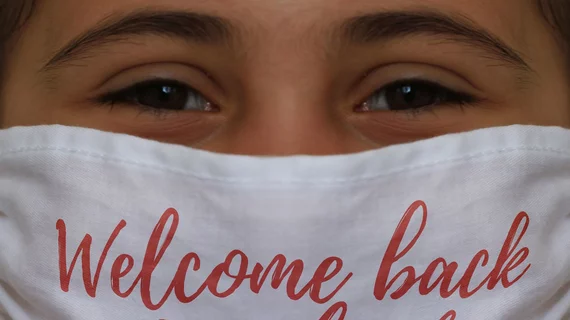Hospitals managing COVID comeback without quashing regular business
Leaders of some large hospital systems are lately showing they’ve learned how to cope with wildly fluctuating strains on resources while keeping their doors open for profitable service lines.
The opportunity is there because COVID-19 is surging—or resurging—in pockets across the country.
National chain Tenet Healthcare, which operates 65 hospitals, has avoided postponing elective procedures and nonemergency surgeries despite spikes in COVID admissions in Alabama and California, for example.
Advocate Aurora Health has kept 12 of its 16 Wisconsin hospitals open for general business even though COVID hospitalizations there have spiked 35% in October.
And 187-hospital HCA Healthcare, the largest hospital system in the U.S., has only suspended about 20% of planned surgeries in a part of Texas that has seen COVID come roaring back from dormancy.
The anecdotal accounts are from reporting by The Wall Street Journal, which recounts the past course and looks at the present trend in an article posted Oct. 26.
Reporter Melanie Evans reminds that, as Moody’s Investors Service found earlier this year, hospitals’ initial scramblings to manage their pandemic response resulted in revenue drops of 30% to 40%. Postponements of nonessential services accounted for most of the hit.
Some of this was not avoidable by the hospitals, as governors in numerous states ordered stops to nonurgent medical services.
Uncle Sam’s July infusion of $22 billion in relief to hospitals came fairly quickly but not fast enough to stave off layoffs.
Meanwhile many non-COVID patients only grew sicker when their procedures got pushed back. And even when hospitals reopened popular and profitable service lines, more than a few anxious individuals chose to avoid hospitals—or any patient-care areas—of their own volition.
“Months later, hospitals have learned from previous surges to better manage capacity, avoid temporarily halts in services and rebound quickly from disruption,” Evans reports. “Halting surgery is also not as critical to preserve supplies, with expanding production of protective equipment and testing capacity.”
Tenet CEO Ron Rittenmeyer says he and fellow execs at the Dallas-headquartered system “realize and operate every day with the assumption that COVID spikes will be part of what we face until a vaccine becomes widely deployed.”
Rittenmeyer’s comments came in a call with analysts, WSJ notes.
No response will be flawless, he adds. However, “we do believe our learnings from each spike improve our responsiveness and our planning, [advancing] our effectiveness.”
Saum Sutaria, Tenet’s president, points out that non-COVID care must continue—and not just for the health of hospital finances.
“We have not had, especially in recent surges, any need to shut down procedures or elective surgeries,” Sutaria remarked in the same meeting with analysts. “That’s a very important point because we want to maintain access for the community.”

